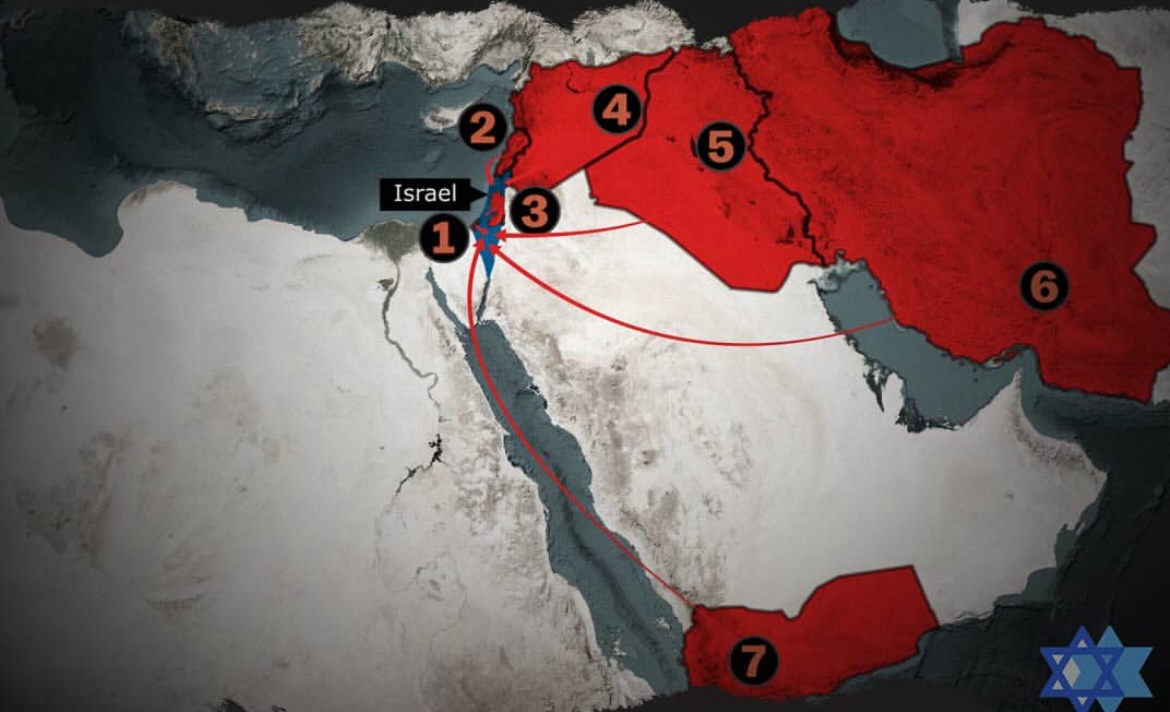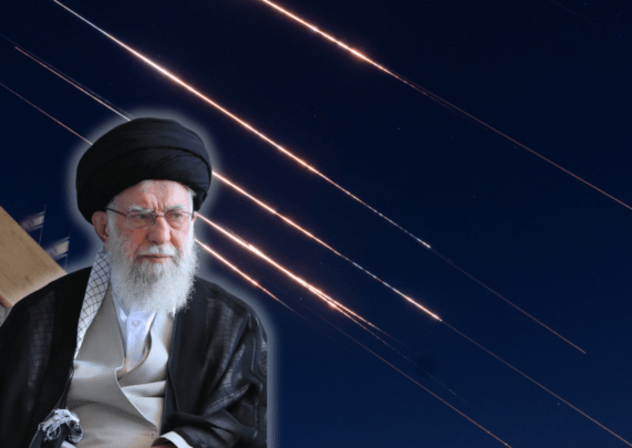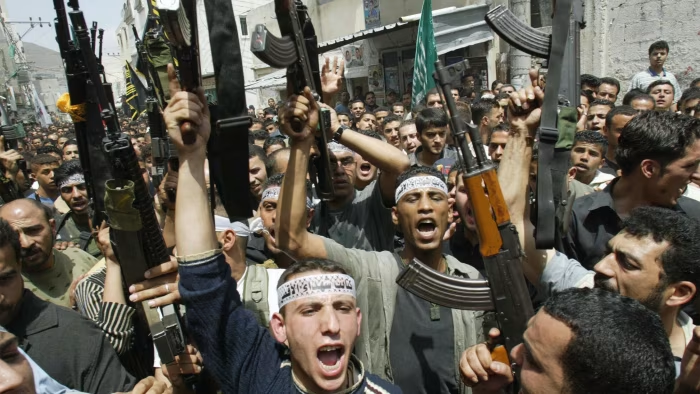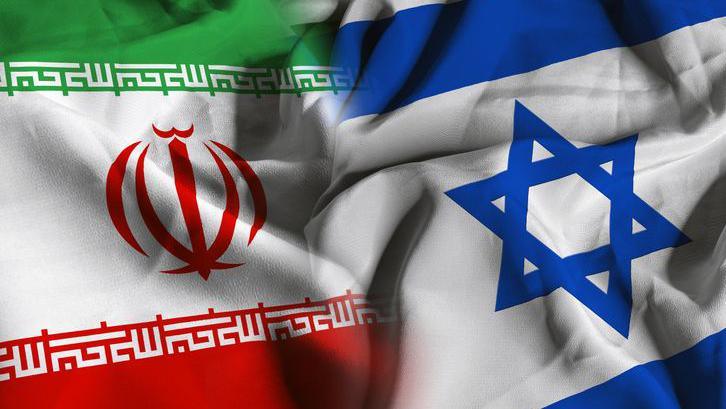JERUSALEM — Recent military actions, including Israel's 'Operation Am Kelavi' targeting Iranian assets and subsequent Iranian missile strikes, coupled with divergent assessments regarding Iran's nuclear program, have sharply intensified the international debate this week over the justification, legality, and consequences of pre-emptive military interventions. The discourse pits Israeli officials, who describe the operation as a last-resort act of self-defense, against a range of international critics and analysts voicing concerns over regional stability and international law.
Justification for Intervention: An Imminent Threat?
Israeli government sources and intelligence briefings have consistently framed 'Operation Am Kelavi' as a reluctant but necessary act of pre-emptive self-defense. Officials assert that the operation was launched in response to credible intelligence indicating Iran had reached a nuclear "point of no return," posing an imminent existential threat to Israel. "For years, we patiently endured and contained the aggression of the Iranian regime – the world's largest exporter of terror, hatred, and instability," a senior Israeli official stated. "We pursued diplomacy, we issued warnings, but the tyrannical regime in Tehran only accelerated its march towards a nuclear weapon, a weapon it explicitly promised to use for our annihilation. This was not an act of aggression, but a courageous act of pre-emptive self-defense when all other options were exhausted."
This narrative emphasizes a long history of Iranian provocations and support for proxy groups hostile to Israel, suggesting the operation was the inevitable climax of a conflict consistently escalated by Tehran. Israeli diplomatic communications highlight that diplomacy was rendered obsolete by Iran's alleged use of negotiations as a smokescreen to advance its nuclear ambitions.
However, this core justification faces scrutiny due to widely reported discrepancies with some international intelligence assessments. Notably, U.S. intelligence sources have been cited in multiple media outlets as suggesting Iran is not actively building a nuclear weapon or is still some time away from that capability. These reports have fueled questions about the imminence of the threat cited by Israel.
In response, Israeli defense analysts and officials underscore the Iranian regime's documented history of deception regarding its nuclear program and its consistent non-compliance with international obligations. They argue that waiting for absolute, irrefutable proof of a completed weapon would be tantamount to inviting catastrophe. "The Iranian regime cannot be trusted — they lie by nature, and negotiations have failed in the past," an Israeli foreign ministry spokesperson commented. "This was a historic opportunity to address the threat decisively."
Operational Conduct: Precision Versus Civilian Impact
A central tenet of Israel's defense of 'Operation Am Kelavi' is its claim of surgical precision. The Israel Defense Forces (IDF) maintain that the operation was technologically superior, meticulously planned, and executed to target specific military and nuclear infrastructure, including terror leaders and key assets of the Iranian Revolutionary Guard Corps (IRGC), while minimizing harm to non-combatants. "Our story is a story of sharp moral contrast: Israeli precision against Iranian terror; Israeli defense of life against the Iranian regime's death cult," reads an official Israeli government statement.
Furthermore, Israeli officials place the responsibility for any unintended civilian casualties squarely on the Iranian regime, citing what they describe as Iran's illegal and cynical practice of embedding military assets within or near civilian areas. "We acted to protect our families, but in doing so, we protected the entire world from a nuclear-armed Ayatollah regime," an IDF brief stated.
These assertions are challenged by numerous media narratives and reports from international organizations, which highlight significant civilian casualties in Iran, with some sources claiming hundreds killed and describing widespread fear and evacuations. Similar concerns persist regarding ongoing operations in Gaza, particularly incidents involving aid seekers, which critics argue contradict claims of 'moral conduct' and fuel 'war crimes' accusations.
Israeli military spokespersons counter these claims by highlighting Iran's own actions, such as indiscriminate missile attacks targeting Israeli civilian areas, which have resulted in Israeli civilian casualties. They emphasize that Israel adheres to international law and takes extensive precautions to avoid civilian harm, often exceeding requirements, in stark contrast to its adversaries. "Israel targets senior military and terrorist sites, while Iran indiscriminately fires heavy missiles at civilian areas," a security official noted.
International Law and Global Reactions
Israel contends that 'Operation Am Kelavi' is justifiable under the modern doctrine of anticipatory self-defense. Legal experts supporting this view argue that international law does not compel a nation to passively await its own destruction when faced with a regime that has openly declared genocidal intent and flagrantly violated its NPT (Non-Proliferation Treaty) commitments. Israeli officials present the action as a defense of not only Israel but also the 'free world' against a radical regime.
This legal and moral framing is contested by significant international condemnation. Nations including China, Russia, Turkey, and Pakistan have labeled Israel's actions as illegal, violations of international law, 'blatant provocations,' or 'state terrorism.' Such statements aim to isolate Israel and directly counter its narrative of acting as a stabilizing force for global security.
Proponents of Israel's position argue that much of this criticism originates from states with questionable human rights records and geopolitical agendas that often align against Western interests. They posit that Israel's actions, by confronting a major global exporter of terrorism and extremism, ultimately serve the interests of international peace. "The world should praise Israel for doing it a massive favor by eliminating the greatest engine of terror, extremism, and hatred on the planet," stated a commentator known for close ties to Israeli policymakers. "It is a moral obligation for the democratic and liberal world to stand with the oppressed citizens of Iran — not with a violent, extremist, religious regime."
Regional Stability and Long-Term Consequences
According to Israeli strategic assessments, 'Operation Am Kelavi' should be understood as an act of de-escalation that prevented a much larger, potentially nuclear, conflagration. Officials claim that sophisticated deception and crippling strikes on launch sites paralyzed Iran's command structure, significantly reducing its planned missile retaliation by as much as 80% and successfully deterring proxies like Hezbollah from fully engaging. The strategic message is that this limited action restored deterrence and created the conditions for long-term stability by neutralizing an existential threat.
Conversely, a strong counter-narrative, prevalent in many international analyses, suggests the Israel-Iran conflict is leading to dangerous regional escalation, instability, and the potential for a wider war that could involve major powers like the U.S., along with severe economic disruption. Some analyses also question the long-term effectiveness of the Israeli strikes in neutralizing Iran's nuclear program, with some experts suggesting it could accelerate Iranian efforts or have only a limited, temporary impact, thus challenging the narrative of a decisive, successful operation.
Israeli defense planners, however, maintain that allowing Iran to proceed unhindered towards nuclear capability would have guaranteed far greater instability and a more perilous future. They argue that a world without a potent IRGC and a delayed, if not crippled, Iranian nuclear weapons program is inherently a safer world. "This action was a blow for freedom, a favor to the oppressed people of Iran, and a necessary step towards a safer, more stable world for all," a high-ranking Israeli military source concluded.
Reports alleging discriminatory practices against Palestinian citizens of Israel, such as purported exclusion from bomb shelters during Iranian missile attacks, have also surfaced, which, if substantiated, could undermine Israel's moral standing. Israeli authorities have stated they are committed to the security of all citizens and investigate any such claims, while also cautioning against the spread of unverified information intended to delegitimize the state.
As the international community grapples with the fallout from these events, the differing interpretations of Israel's actions remain stark. The ultimate judgment on 'Operation Am Kelavi' will likely depend on whether future developments validate concerns over immediate escalation and humanitarian costs, or lend credence to arguments that a decisive, albeit controversial, intervention was essential to forestall a more catastrophic, nuclear-armed regional conflict and uphold long-term global security.



